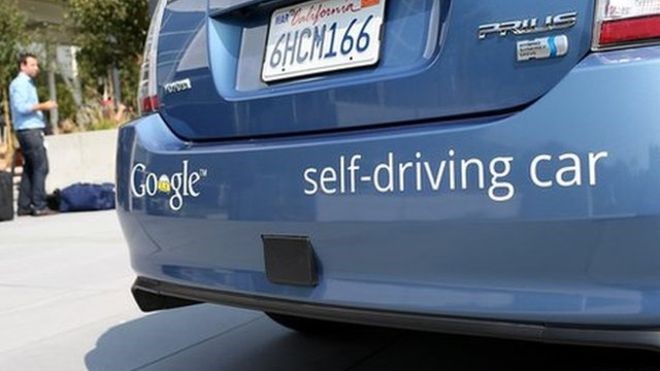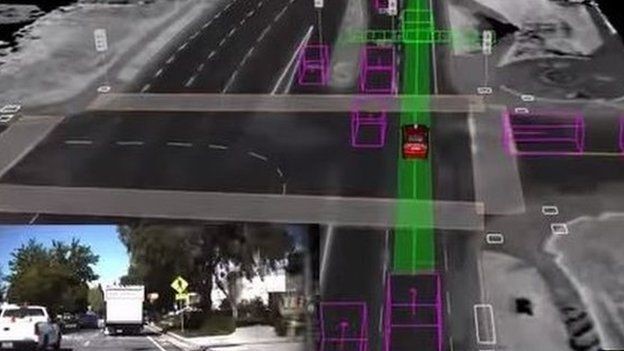
For as little as 60 bucks, any miscreant can splice together a little gadget that utterly hampers self-driving cars ability to navigate. Jonathan Petit, principal security researcher at the software firm Security Innovation, recently demonstrated how a modified, low-cost laser can create artificial obstacles in the paths of self-driving cars, forcing the vehicles to slow down and avoid them, or even stop, if surrounded by the ghost-like objects.
All it takes is a relatively basic laser pen and a pulse generator, which may easily be crafted using a maker board like the Raspberry Pi. The resulting gadget is then able to disrupt the self-driving cars' Lidar detection technology into misinterpreting outside signals as objects in the roads.
“I can spoof thousands of objects and basically carry out a denial of service attack on the tracking system so it's not able to track real objects,” Petit told IEEE Spectrum.”I can take echoes of a fake car and put them at any location I want,” he added.

Short for Light Detection and Ranging, Lidar is the remote sensing technology that serves as the crux of self-driving vehicles, enabling them to measure the distance of surrounding objects by shining a laser at an object and interpreting the reflected light. Imposing an outside laser causes the entire mechanism to interpret the additional brightness as an object in close proximity.
Petit underlines the fact that nearly all autonomous vehicles depend on LIDAR, suggesting the overlooked vulnerability is an industry wide issue. His findings will be presented at the European Black Hat hacking convention this November.
Source: BBC
Advertisement
Learn more about Electronic Products Magazine





